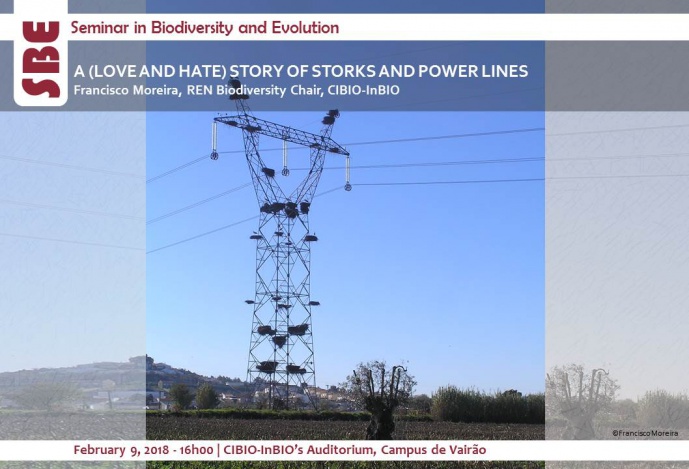A (LOVE AND HATE) STORY OF STORKS AND POWER LINES


After a strong decline since the 1950-60’s, the breeding white stork (Ciconia ciconia) population has been increasing steeply since the 1980’s. Along this recovery period, a curious behavioural change has occurred: storks have been “abandoning” their traditional nest sites in trees and buildings to be increasingly use electricity pylons to build nests. The result is that white storks are “wired”, so that no less than 25% (!) of the nests in the country are built on pylons, mainly in very high-tension power lines. These nests can cause management problems to electricity companies, as they are the cause of power outages. On the other hand, this preference by storks has a drawback: it increases the risk of mortality for birds, through collision with power line cables and electrocution. This presentation will report this “love and hate” story, trying to address the pros and cons for storks nesting on power lines, as well as the drivers of pylon occupation.
Francisco Moreira has a PhD degree in Biology (University of Lisbon) since 1996. He is the principal investigator of the InBIO research group ‘AGRODIV - Biodiversity in Agricultural and Forest Ecosystems’, comprising ca. 15 researchers, and the holder of the REN Biodiversity Chair CIBIO-InBIO. With over 100 publications in international journals, his main research interests include fire ecology, the links between management and biodiversity/ecosystem services in farmland and forests, and the impacts of anthropogenic linear infrastructures on biodiversity. He is also Member of the Board of the Society for Conservation – Europe section, and of the International Advisory Committee of the International Society for Mediterranean Ecology (ISOMED).
[Host: Paulo Célio Alves, Conservation Genetics and Wildlife Management]
Image credits: Francisco Moreira